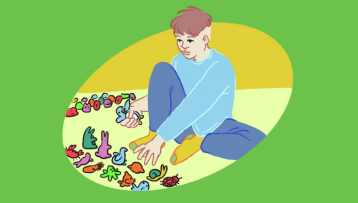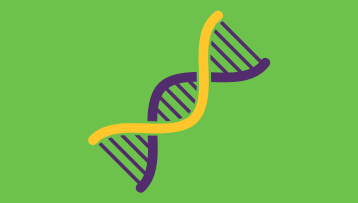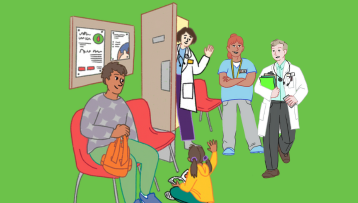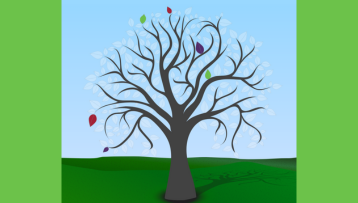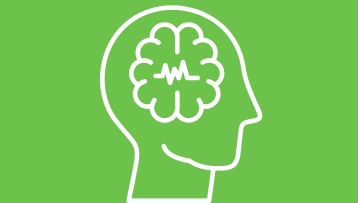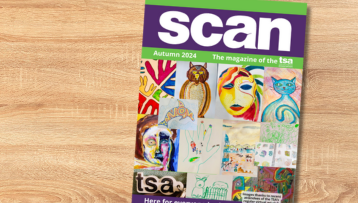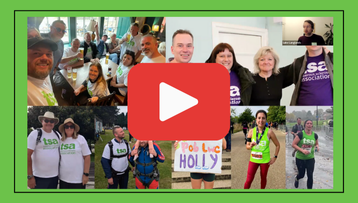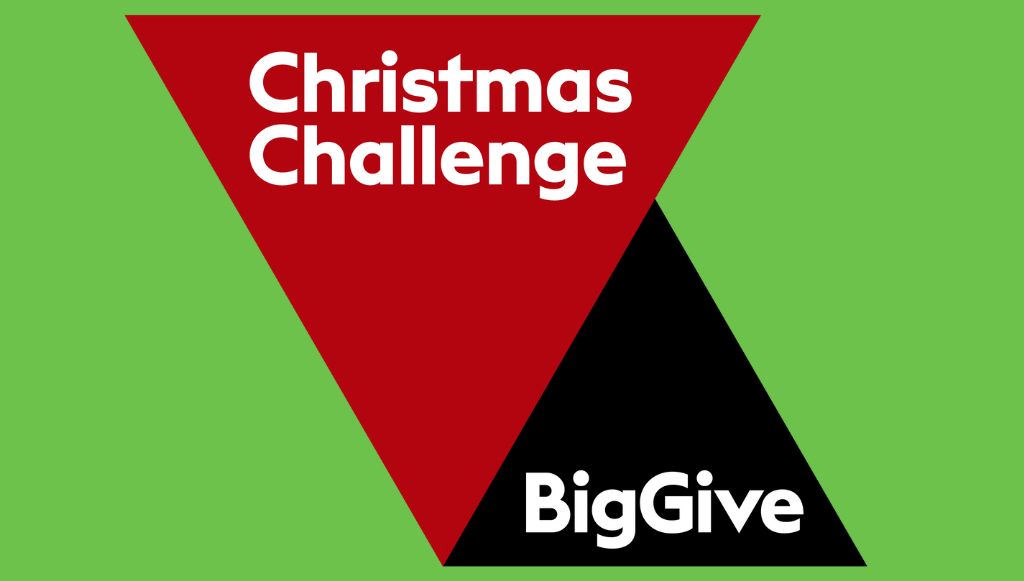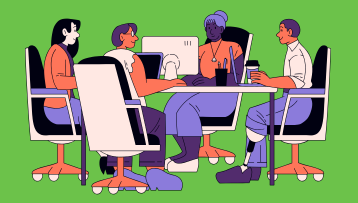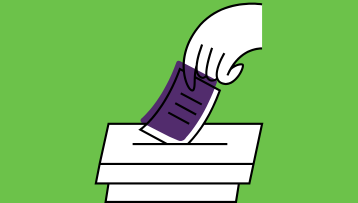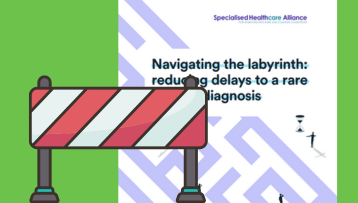Easter can be full of fun activities and a perfect opportunity to go on an egg hunt and to gather the family! However, like many special occasions, Easter can bring challenges for some children and adults, especially those living with TSC.
With about half of people with TSC being neurodivergent, and 8 in 10 living with epilepsy, it’s essential to recognise and appreciate the unique challenges that Easter can bring. However, there are some tips that can help everyone have a more enjoyable Easter.
Why special occasions like Easter can be challenging
Easter can bring with it a change in routine which can be stressful for those who need predictability in their day. With schools breaking up for holidays and many families engaging in activities to celebrate Easter, this means day-to-day can look different for families during this time. Easter egg hunts can also be an overwhelming experience for people who have sensory sensitivities. Different foods can also be a challenge for those on a special diet, such as the ketogenic diet for epilepsy.
All these things can result in a situation that is overwhelming or difficult to handle. However, a few basic changes can make the occasion more enjoyable and inclusive.
Tips to make Easter more enjoyable for all
- If you’re planning on attending an egg hunt, explain what it is to your child, so that they know what to expect. Include details such as whether it is indoors or outdoors, who will be there and sensory sensitivities unique to your child
- Remind your child and others that Easter egg hunts do not have to be a race and are for fun. This can take the pressure off if they have difficulties with gross motor skills
- Colour-code or write names on eggs for different children – this can help ensure that a sibling with additional needs has an equal opportunity to find their own eggs, and makes things less competitive
- Slow things down. We’re often guilty of trying to cram as many activities into our time as possible, but wind-down time is helpful for everyone in the family, particularly those with TSC-associated Neuropsychiatric Disorders (TAND), such as ADHD and anxiety
- Get creative with baking! For many people, crispy cakes and chocolate eggs are a staple at Easter. If you are on a special diet such as the ketogenic diet for epilepsy, you don’t have to miss out. You may want to try one of The Daisy Garland’s chocolate egg or crispy cake keto café recipes here.
You know your family best
Most importantly of all, as always, you and your family know each other best. If Easter activities are not for them, that’s OK, and you may want to remind them of that. The best times are those that are stress-free and enjoyable for everyone involved, whatever that looks like for you.









